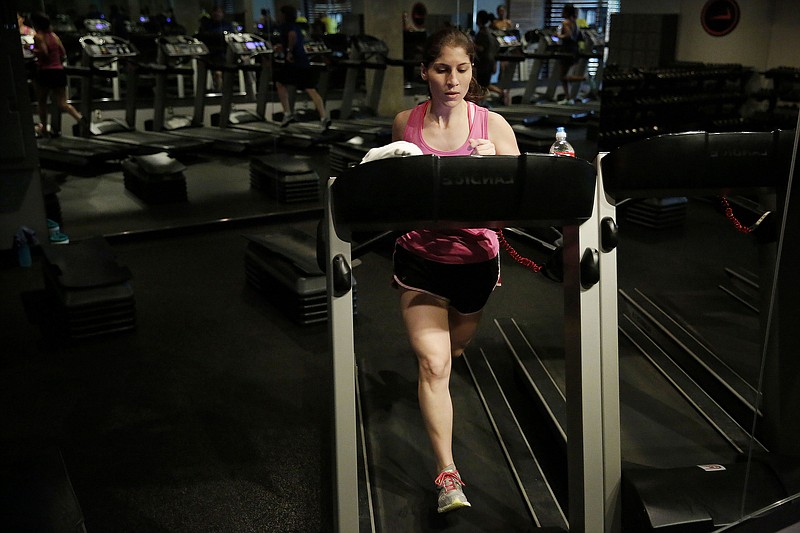What's $6 million or $12 million or $18 million when considering Tennessee's overall fiscal 2020 budget of $38.6 billion?
Well, as the U.S. Senate website attributes to the late Sen. Everett Dirksen, R-Illinois, "A billion here, a billion there, and pretty soon you're talking real money."
The point is the state stands to lose one of the aforementioned amounts of annual revenue because of a bill that is on its way to Gov. Bill Lee's desk and is, in fact, one he championed.
The then-candidate felt, with good reason, that citizens in a state with poor health rankings need all of the incentives they can get to improve their health. Thus, he wants the amusement tax charged to patrons of smaller gyms to be removed.
On the surface, and in fairness, it makes sense. A specially crafted 1986 bill created to exempt members of Chattanooga's Sports Barn from paying the tax, when members of the nonprofit YMCA didn't have to, had created the problem. Since then, scores and scores of gyms have opened around the state that don't fit the criteria for a Sports Barn-type center, so their members have to pay the tax.
That tax, say supporters, may keep many Tennesseans from joining a center in an effort to try to become more fit, thus continuing the state's poor health status.
However, the bill has no trigger that would force the smaller centers to reduce their membership costs to reflect the fact the centers are no longer collecting the tax.
In any case, the state is losing somewhere between $6 million and $18 million a year. Estimates vary from the fiscal note on a bill state Sen. Todd Gardenhire, R-Chattanooga, tried to pass three years ago to a Senate Finance Committee figure used last week. And nothing is replacing it.
Gardenhire feels, and we concur, that at least the General Assembly should have followed the Hall Tax route in eliminating the tax - meaning, doing it gradually - or have something in place to make the bill revenue neutral. A previous bill of his, making larger facilities collect the tax and smaller facilities pay a lower rate, would have done that, he said.
Nobody wants to pay more taxes, but neither should the sales tax-heavy Volunteer State cut so much revenue that in down financial years it can't pay for what it should. But here's hoping the down financial years are a long way away, and that Tennesseans make a rush on the gyms once the tax is officially eliminated.
